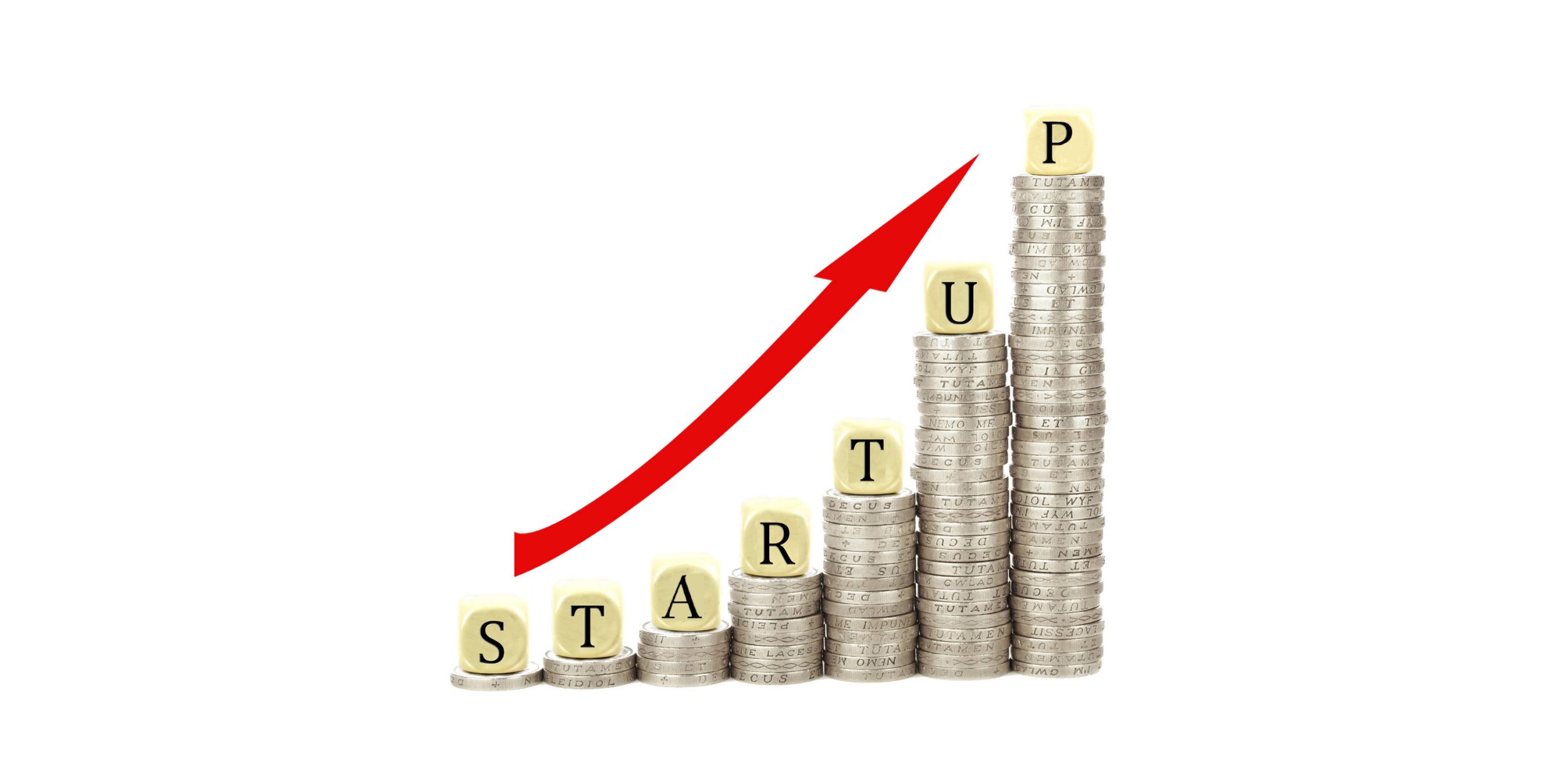
On Friday I attended an Economic Outlook breakfast, hosted by RSM, with NAB chief economist, Alan Oster. Here are my notes… it’s more positive than you might have guessed (which was the main take away.)
The headline is that there will be no recession in Australia in 2016, continuing an amazing 24 year run for our economy. Basically, mining (9% of the economy) is worse than people think, and everything else (especially services, 50% of the economy) is better than people think.
Globally, world GDP growth should be around 3%, which is short of the long term average of 4% that “the world needs”, but it’s not terrible. Things “are OK” in China and US, and this is important as these two nations drive the world economy.
In the US, interest rates will (finally) rise, slowly, and “it’s about time”. They can’t be zero forever. US inflation is at 1% unemployment is down to 5% (both inside target range).
China industrial output and steel are both down, but services are up. Iron ore and commodity prices are falling as demand is dropping and supply is rising. Iron ore prices are set to go to $33/t (but they were $23/t 10 years ago). China is not about to blow up; the tertiary sector (50% of economy) is growing at 8% a year and rising.
Meanwhile, India is growing at 7%, Japan has slipped back into recession, Latin America is in recession, the Asian tiger economies exhibit weak growth, and Europe is OK but not great.
Here in Australia, “there will be no GDP problem”, as LNG exports are set to add 2% to GDP growth on their own. Growth is switching to services away from mining services. Housing is OK but apartments market is over supplied. The RBA will not cut rates, and are unlikely to be able to raise them in 2016 as they don’t want to worsen the Sydney and Melbourne and property booms.
Mining investment is falling as we move to the export phase. The Aussie $ is moving to 63 – 73c range. The labour market is doing better than predicted, and most of the currency adjustment has already happened. The lower A$ is helping mining exporters (receive a better price).
When we ask businesses about their confidence (“how do you feel?”) we see that it is OK, not terrible but not great either. When we then ask “how are you going?” businesses are actually doing much better than major media reports. ‘How are you going’ is what businesses have done and are doing, not just ‘how they feel’.
The strong sectors are personal and recreational services (30% of economy) and are doing very well. The consumer has money. The Aussie consumer has ability to buy a house, get a lawyer, take a holiday in Australia … and is doing so.
Retail is actually quite good, and we’re in for a good Christmas. WA has good conditions but low confidence. Health and social assistance has added 370,000 jobs in Australia. Manufacturing has lost most ~ 100,000 jobs.
Australia did not save up to GFC but since has been saving and will continue to do so. Their spending “should be” at 4% growth but is at 2%. Property is strong in Syd/Melb and weak everywhere else; which means controlling it with interest rates is impossible. The Chinese are buying apartments that we might think are small but they think are fine, and it’s a safe place to put their money so the Chinese government can’t see it. Expect a marked slowdown but no crash in property in 2016. Perth has already lost the most in the property market in 2015, compared to any other Aussie capital city.
So, there will be no recession in Australia as exports are going to be strong; domestic demand is growing; non miners are doing better than everybody thinks. Unemployment will fall below 6% – the services sector is employing everybody.
Inflation is low – as forecast; which gives room for RBA to cut rates if they need to. But RBA does not want to fire up Syd/Melb property markets. Interest rates rise may rise, but not til 2017 and then only slowly to 3.5% from their current 2%.
Agriculture is a growth industry but is only 1.5% of economy. The “dining boom will not replace mining boom”. It cannot, it’s not big enough.
What would derail this positive view? If unemployment somehow gets to 8.5% we are in trouble. Our debt is serviceable as long as we have jobs; we have 3rd largest super in world; if you counted super (“which I know I can’t!”) then we have no debt. Debt will be an issue if we get into recession, but I don’t think we’ll get there, so we’re fine.
China is the least likely country to run out of cash; so whatever happens they have ability to keep going. It’s hard to think of a scenario that could make China fall over.
For all the slides to accompany his talk, click here




Positive analysis like these are surely very welcome. Thanks for sharing.
[…] Meanwhile the Aussie economy ticked along, with some high points in iron ore miners and gold, and varied other places. The global economy also improved, helped by a resurgent US (now raising its interest rates, not once, but twice) and an OK China, expanded global trade. The Indian, East Asian, Brazilian and other economies are now part of the global picture, and contribute to its future much more than its past. The European economy has less sway than before. The Aussie economy is now entering its 26th year without a recession, and there does not seem to be one on the horizon either. […]